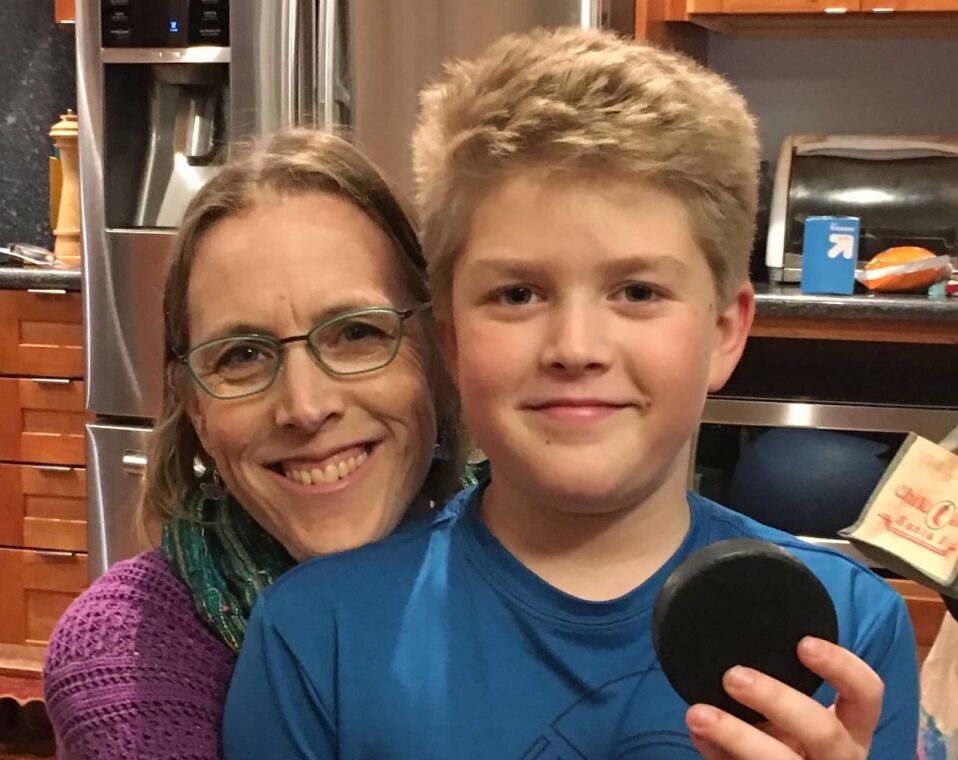By Liora Brosbe, Jewish LearningWorks Senior Educator
Professional development for Jewish educators is a layered process. We work with the educators to improve their craft, and by extension strengthen their relationships with their students and colleagues. When designing trainings and workshops to support teachers working with students with disabilities, it takes a careful approach to consider the needs of the students, their families, and also those of the educators and directors. Not unlike most systems, everyone is connected and impacts one another.
We offer customized training, individual coaching for directors, group mentorship opportunities, as well as expert classroom observations and consultations. In addition, we provide professional development sessions that address the unique needs of young children with neurodiversity and other disabilities in the educational setting.
We are entering our 4th year of our monthly drop-in Preschool Professionals Consultation Hour. This informal space on Zoom meets for an hour in the evenings after a long teaching day. Preschool professionals (classroom teachers, administrators and specialists) bring questions about student behaviors, working with developmental delays, and how to collaborate with parents to ensure the best outcomes for their kids.
The topic of professional burnout was raised during every drop-in session in the 2023 series. The directors are exhausted and the teachers are depleted. However, beyond the intense demands of working in a preschool, teaching students with challenging behaviors is on top of the “regular” demands of the jobs. If a classroom has students with disabilities that are not easily addressed in your school environment it can take fatigue to a whole new level. Enter burnout. When it’s difficult to support or understand the needs of a child, it can exacerbate feelings of incompetence, overwhelm, and shame that a teacher might not actually like a child. When a child’s behavior presents as aggression, it can be very normal to feel the need to protect the other children in the class and feel that you don’t want to be around that kid! While it’s normal, it can really breed doubt about your professional choice and give you the sense that you don’t have what it takes to be in this demanding job.
All of these components are what makes burnout so insidious and difficult to identify. In the supportive space of the drop-in hours, teachers hear from one another that struggling is normal and children with aggressive and misunderstood behaviors can cause teachers to question if they are in the right job. I emphasize that a teacher’s core belief, the reason they are in this profession, is to support children to thrive. And when you witness over and over a child that is emotionally disregulated, developmentally delayed, or experiencing conflict with their peers, it is easy to feel so distanced from that sense of purpose and “why” you do this work.
In the article, Where to Start If You Feel Burned Out at Work from the Greater Good Science Center, Christina Maslach speaks to what we’ve consistently heard in the drop-in sessions; preschool professionals respond to children with challenging behaviors:
“…[what] we see is people begin to feel negative about themselves, instead of just about their workplace. ‘What’s wrong with me?’ ‘Why did I go into this job?’ ‘I’m not proud of some of the stuff I’ve done.’ ‘Why can’t I handle it?’ “
While professional development in itself can be a form of self-care, experts in the field of burnout are suggesting that self-care alone is not an effective strategy for addressing systemic issues that are often at the root of burnout. We know that many of these issues are beyond the capacity of individual directors or professionals to influence (equitable pay raises, lack of resources for families with special needs). However, we also know that supportive relationships matter and learning new strategies can be helpful. If we want to sustain and strengthen our Jewish educators, we need to reduce burnout through relevant and supportive training.
Ultimately addressing burnout in educators is a central tenet to professional development and the pillar of lifelong learning. Bringing educators together so that they feel less isolated, have a common language, and receive relevant coaching or training is how Jewish LearningWorks is strengthening our existing talented workforce and fortifying them to continue to do their important work.
For Educators and their Supervisors
If you want to learn more about our work, and how we can support you or your team mitigate burnout, please contact Liora Brosbe at liora@jewishlearning.works.






